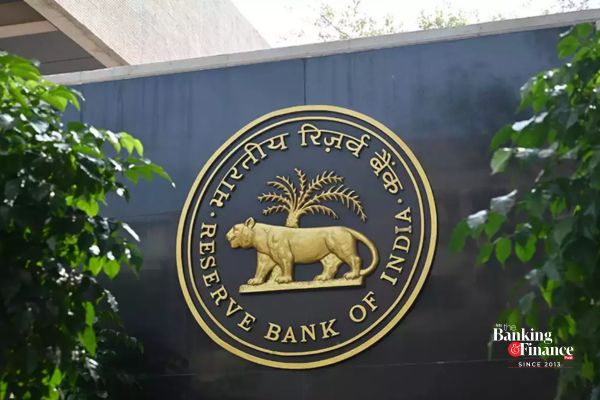The Reserve Bank of India (RBI) has reinforced its commitment to fostering responsible financial technology (fintech) innovation, emphasizing the need for regulatory compliance. The call comes as India’s fintech sector experiences rapid expansion, prompting discussions on maintaining financial stability while enabling technological advancement.
In a strategic move, RBI Governor Sanjay Malhotra has engaged with key fintech stakeholders, including industry associations, payment system providers, lenders, and self-regulatory agencies. These interactions form part of a series of consultations aimed at ensuring sustainable fintech growth within a structured regulatory framework. Highlighting the importance of this ongoing engagement, Malhotra underscored the need for “responsible innovation” and stressed the necessity of compliance among firms new to the regulatory landscape.
As per an official statement from the RBI: “The Governor underscored the need for responsible innovation and emphasized the need for ensuring compliance by the entities who are new to regulatory space.”
This directive signals RBI’s commitment to striking a balance between innovation and consumer protection, a challenge regulatory bodies worldwide continue to navigate.
The rapid evolution of financial technologies often outpaces existing regulatory frameworks, creating risks such as fraudulent transactions, data security breaches, and predatory lending practices. While fintech firms play a crucial role in India’s economic development, their unchecked expansion necessitates robust oversight to mitigate potential financial risks.
To facilitate this regulatory engagement, the RBI has introduced the FinQuery portal, a dedicated platform allowing fintech firms to communicate directly with the regulator. This initiative aims to enhance transparency and encourage a collaborative approach between regulators and fintech enterprises.
The current consultative approach marks a notable departure from the policies under the previous RBI Governor, Shaktikanta Das. Das adopted a stringent regulatory stance, particularly concerning non-banking financial companies (NBFCs) and fintechs that failed to meet compliance standards.
Before stepping down in late October 2024, Das had cautioned NBFCs against prioritizing innovation over regulatory adherence. He warned that an “imprudent growth at any cost approach” could prove detrimental to the long-term health of the fintech industry.
In contrast, under Malhotra’s leadership, the RBI is taking a more collaborative and proactive approach, engaging fintech firms to create a regulatory environment that ensures both growth and stability.
Malhotra’s latest comments signal a potentially more accommodating regulatory climate for fintech firms, particularly those affected by previous enforcement actions. Industry leaders have welcomed the consultative approach, viewing it as a means to facilitate innovation without the looming threat of disproportionate penalties.
Also Read | RBI Launches ‘RBIDATA’ App for Easy Access to Economic and Financial Data
Additionally, the RBI’s emphasis on compliance underscores its recognition of fintech’s transformative role in India’s financial ecosystem. By balancing innovation with accountability, the central bank aims to create a resilient, consumer-friendly fintech landscape.
As the sector continues to evolve, industry stakeholders will be watching closely to assess how the RBI’s consultative framework shapes the future of fintech innovation and regulatory oversight in India.
Elets The Banking and Finance Post Magazine has carved out a niche for itself in the crowded market with exclusive & unique content. Get in-depth insights on trend-setting innovations & transformation in the BFSI sector. Best offers for Print + Digital issues! Subscribe here➔ www.eletsonline.com/subscription/




















